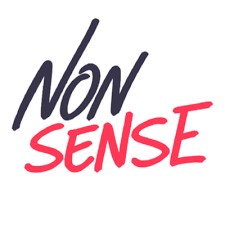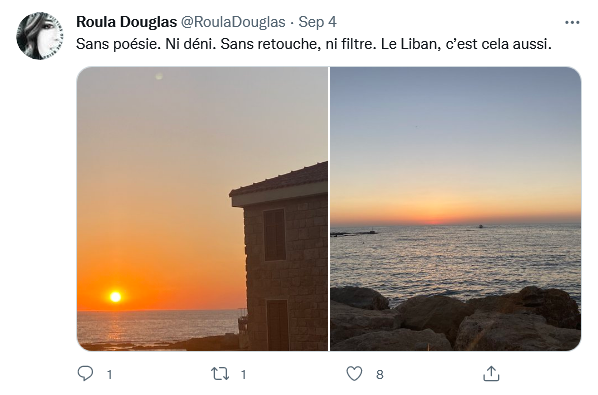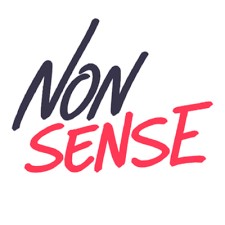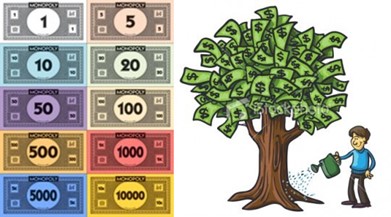
In 2016, the French-speaking newspaper La Presse invited readers to share their memories or thoughts about the 9/11 tragedy, which took place on September 11, 2001. Unfortunately, Bambi missed the deadline. Thus, her comment was never published. If she may, she would like to share this brief reflection with you.
The original text, written in French, appears first. This is followed by a quick translation into English:
Bambi’s reflection on the 9/11 tragedy (n French):
“Je pense aux familles des victimes du 11 Septembre, 2011. Comment l’être humain peut-il être si méchant envers d’autres humains innocents? Je ne le comprendrais jamais. Je demeure bouche bée 15 [et maintenant 20 ans] plus tard!
A l’époque, je vivais à Montréal. Je me souviens encore de l’appel de mes parents de Beyrouth choqués et morts d’inquiétude. Pour les rassurer, j’ai dû leur rappeler la distance géographique New York-Montréal.
En ce qui me concerne, cet acte terroriste a eu lieu à ma 11ème année depuis mon immigration au Canada. Pour la première fois depuis 1990, j’ai fait des cauchemars pendant 3 nuits consécutives. Mes souvenirs de la guerre civile, que j’ai vécue de l’âge de 3 à 17 ans, sont remontés à la surface de ma mémoire. “Ça alors, la violence pouvait arriver ici aussi” fut ma première pensée.
Une autre pensée tragi-comique, qui avait traversé mon esprit, était la suivante: Comment ces terroristes d’origine arabe ont-ils “réussi” leur coup criminel avec ponctualité alors que les arabes sont connus pour être tout sauf ponctuels?
Je rêve du jour où tous les jeunes, issus du Proche-Orient meurtri, choisissent de mettre leur savoir au service de l’innovation scientifique au lieu de la terreur barbare.“
An English translation of Bambi’s reflection on the 9/11 tragedy:
“I think of the families of the victims of September 11, 2011. How can humans be so mean to other innocent humans? I would never understand it. I am speechless 15 [and now 20 years] later.
At the time, I was living in Montreal. I still remember the call from my shocked parents in Beirut who were worried sick. To reassure them, I had to remind them of the geographic distance between New York and Montreal.
As far as I’m concerned, this terrorist act took place in my 11th year since I immigrated to Canada. For the first time since 1990, I had nightmares for 3 consecutive nights. My memories of the civil war, which I experienced from the ages of 3 to 17, came back to the surface of my memory. “Gosh, violence could happen here too” was my first thought.
Another tragicomic thought, which had crossed my mind, was the following: How did these terrorists of Arab origins “pull off” their criminal coup with punctuality when Arabs are known to be anything but punctual?
I dream of the day when all young people from the battered Middle East choose to put their knowledge in the service of scientific innovation instead of barbaric terror. “
To conclude this post, Bambi will borrow the beautiful words of Mr. Nicola Ciconne from his song entiled “Nous serons six milliards” [“We will be six billion“] about the choice of love. Yes LOVE, despite wars’ adversity and/or our lack of courage (it is easier to hate). Following the song, if you wish, you may read a quick English translation of its lyrics. May the memory of the 9/11 victims be eternal. May love and peace prevail not just in the United States, but also across the world (including the Middle East).
“They are more than six billion
And we are only two
To want love
Be the greatest of the gods
They say we are crazy
That we do blasphemy
But we stay standing
We never believe them
They are more than six billion
And we are only two
To see that all these wars
Only serve heinous acts
They say we are cowardly
That they will put chains on us
But despite all their rages
We choose peace
Of course there are days
Where we lose heart
Of course there are days
Where we shipwreck
But despite all these days
Despite all these outrages
We believe that one day
That one fine day
They are more than six billion
And we are only two
To believe that all men
Have the right to be happy
They say we are deaf
That hell is on earth
But despite their insults
We believe in tomorrow
Of course there are days
Where we lose heart
Of course there are days
Where we shipwreck
But despite all these days
Despite all these outrages
We believe that one day
That one fine day
We will be six billion
And they will be nothing
We will unite our dreams
Our joys and our paths
We will go without detours
Rediscover the light
We will be six billion
And they will be nothing
Nothing“.















